Climate deal struck at COP28 as research shows nearly a quarter of global freshwater fish at risk of extinction

A new climate deal was struck yesterday at COP28 in Dubai, which includes a clear imperative for global countries to transition away from fossil fuel use in order to acheive net zero emissions by 2050.
Produced through extensive negotiations between global nations, the deal emphasises “the need for deep, rapid and sustained reductions in greenhouse gas emissions” in order to limit global warming to 1.5°C above pre-industrial levels.
After nearly 30 years of COP meetings, this is the first time a deal has explicitly called for the transition away from global fossil fuel use. The deal – a first ‘global stocktake’ following the Paris Agreement at the 2015 COP21 – calls on countries to contribute to a global tripling of renewable energy capacity and doubling of energy efficiency improvements by 2030.
However, many climate campaigners believe the deal does not reflect the scale and urgency of fossil fuel reductions required to keep the planet within safe climatic limits in the future. The language of ‘transition away’ is weaker than that of a definitive ‘phasing out’, particularly in a world where fossil fuel producers are planning major expansions in production.
Moreover, the deal cites the need to expand the use of carbon capture and utilisation and storage (CCUS) technologies. This is seen by climate campaigners as a concession to lobbyists from fossil fuel states such as Saudi Arabia, who see carbon capture and storage as a way of continuing their lucrative petrochemical extraction businesses.
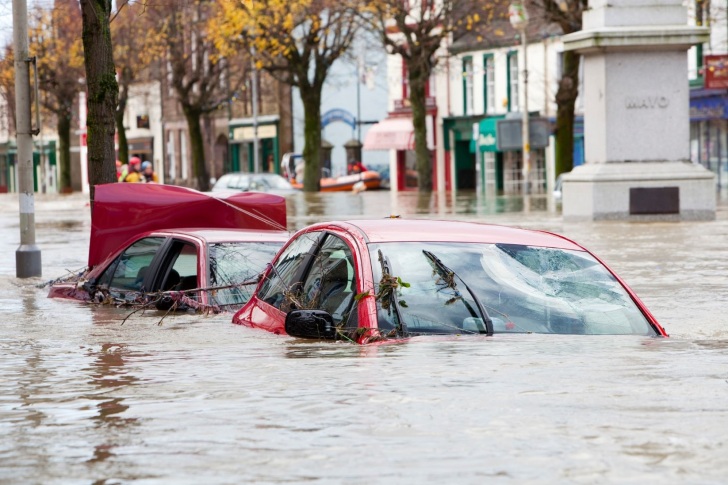
The importance of mitigating the scale of climate change and its impacts on global biodiversity and ecosystems is repeatedly flagged in the deal. The value of ecosystem-based adaptions and nature-based solutions in helping build climate change resilience is highlighted in the deal, but for some experts, this focus could be stronger.
‘A significant development is the inclusion of an explicit reference to the Kunming Biodiversity Global Biodiversity Framework agreed at the UN Convention of Biological Diversity,” said Professor Nathalie Seddon from the University of Oxford. “However, there is a lack of language on the importance of guidelines for high-integrity nature-based solutions, that ensure local benefits for people and biodiversity as cornerstones of resilience in a warming world.”
Limiting climate change is vital for safeguarding the future of freshwater biodiversity and ecosystems, as the publication of the new IUCN Red List starkly demonstrates. Published earlier this week, the new Red List assessment shows that nearly a quarter of the world’s freshwater fish are at risk of extinction due to climate change, pollution and overfishing.
The report shows that at least 17% of all threatened freshwater fish species are impacted by climate change, including decreasing water levels, rising sea levels causing seawater to move up rivers, and shifting seasons.
“It is shocking that one quarter of all freshwater fish are now threatened with extinction and that climate change is now recognised as a significant contributing factor to their extinction risk,” said Dr Barney Long, Re:wild’s Senior Director of Conservation Strategies, who contributed to the research. “It is critical that we better safeguard our freshwater systems as they are not only home to precious and irreplaceable wildlife, but also provide humans with so many services that only the natural world can.”
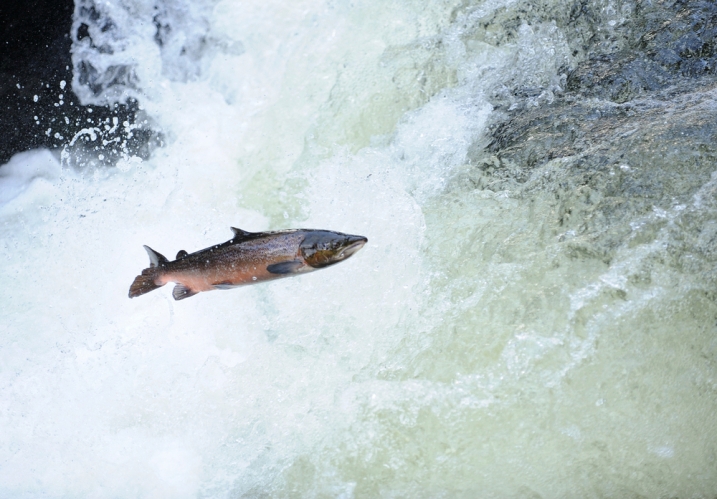
One headline story from the report is that the Atlantic salmon – previously common across northern Europe and North America and classified as ‘least concern’ – is now at ‘near threatened’ by extinction. Research for the Red List shows that global populations of Atlantic salmon fell by 23% between 2006 and 2020. This is due to a complex mix of threats to the fish – including climate change, overfishing, pollution, dam production and aquaculture – at all life stages, and over vast geographical areas.
“Climate change is menacing the diversity of life our planet harbours, and undermining nature’s capacity to meet basic human needs,” said Dr Grethel Aguilar, IUCN Director General. “This IUCN Red List update highlights the strong links between the climate and biodiversity crises, which must be tackled jointly. Species declines are an example of the havoc being wreaked by climate change, which we have the power to stop with urgent, ambitious action to keep warming below 1.5 degrees Celsius.”
A major new initiative to help safeguard freshwater ecosystems from the threat of climate change received a boost this week, as 37 countries joined the Freshwater Challenge. The scheme aims to ensure that 300,000km of degraded rivers and 350 million hectares of degraded wetlands are committed to restoration by 2030, whilst other global freshwater ecosystems are protected.
The new countries – from Africa, Asia, Europe, North and South America, and the Pacific – were announced at the COP28 conference, joining the six countries that launched the initiative at the UN 2023 Water Conference in New York – Colombia, DR Congo, Ecuador, Gabon, Mexico and Zambia.
“With the climate crisis fuelling ever more extreme floods, storms, wildfires and droughts, we urgently need to invest in protecting and restoring our rivers, lakes and wetlands,” said HE Razan Al Mubarak, UN Climate Change High-Level Champion for COP28. “They are the best natural protection for our societies and economies as well as major carbon stores. Rising to the Freshwater Challenge is key to tackling climate change, but it is also essential to pave the way to a net-zero, nature-positive and resilient future for all.”
“Healthy rivers, lakes and wetlands are our best buffer and insurance against the worsening impacts of climate change,” added Stuart Orr, WWF Global Freshwater Lead. “Investing in their protection and restoration will produce the most important returns: strengthening climate adaptation and reducing disaster risk as well as increasing water and food security, and reversing the catastrophic decline in freshwater biodiversity. But we need to find new pathways to address this urgently.”





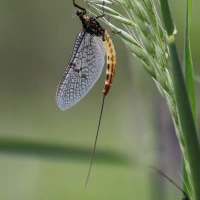
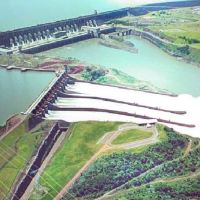


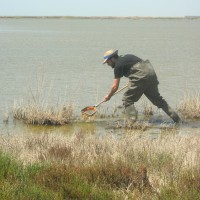
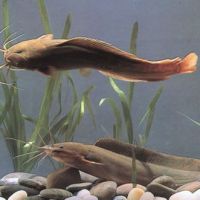
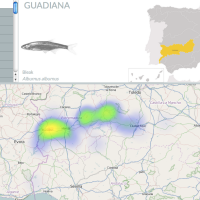
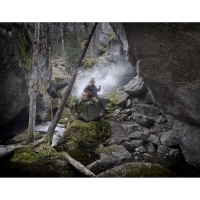
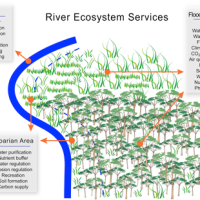
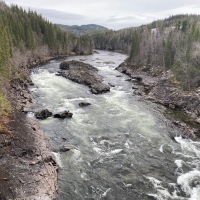
Comments are closed.